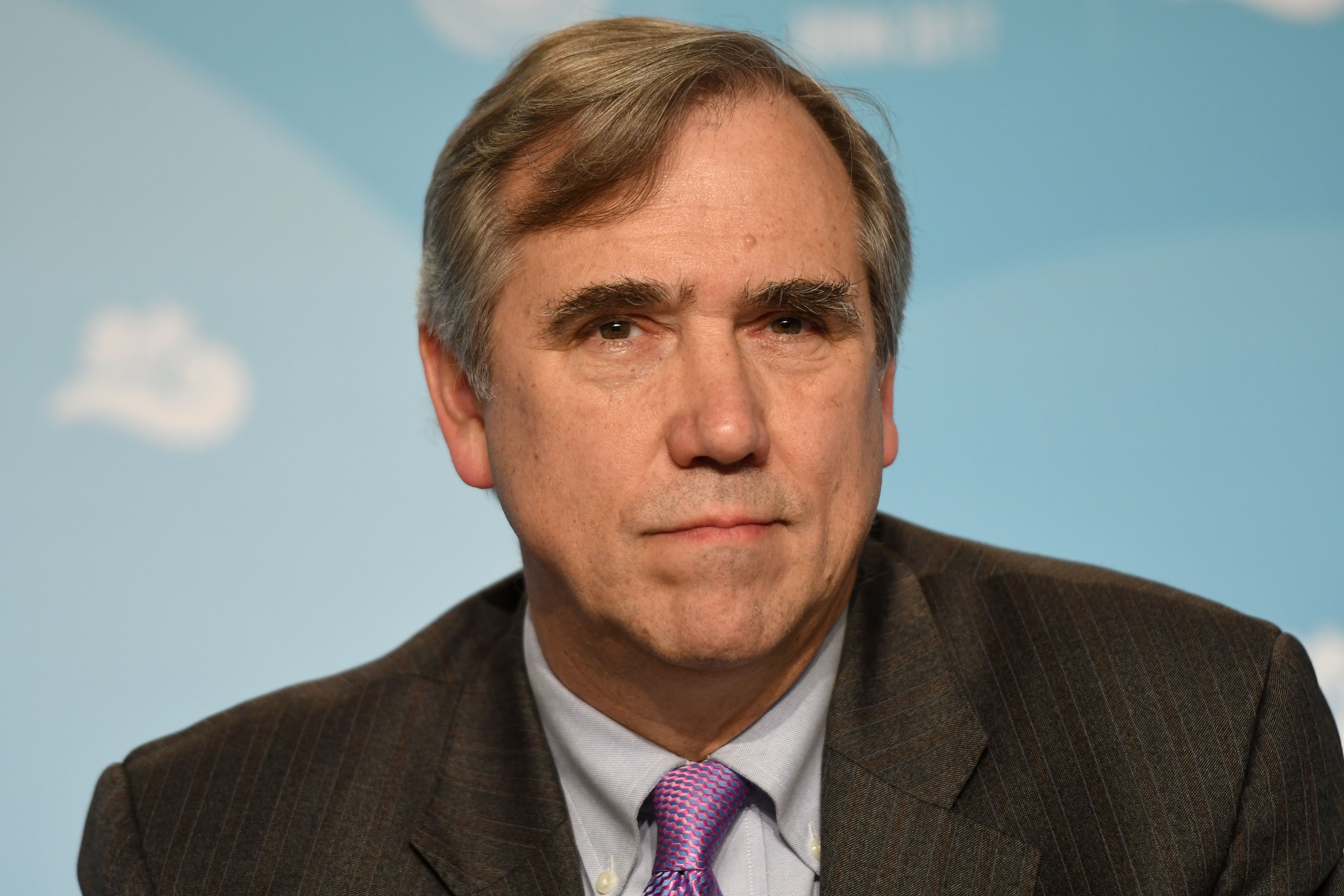
The backlash against the Sacklers shows no signs of abating. On Wednesday, US Senator Jeff Merkley of Oregon issued a letter to the Smithsonian’s newly appointed secretary, Lonnie Bunch, requesting that the institution take down the Sackler name from its Arthur M. Sackler Gallery of Art in Washington, D.C.
One of two Smithsonian museums dedicated to Asian art, the Sackler Gallery opened in 1987. Four years prior, Arthur Sackler, the patriarch of the Sackler fortune, donated $50 million worth of art and artifacts to the museum and an additional $4 million to erect a building to house them. Arthur Sackler died months before the museum’s opening, and four years before his younger brothers, Raymond and Mortimer, founded Purdue Pharma, the company that went on to produce OxyContin. Arthur Sackler is not named in any of the 1,500-plus current lawsuits against the company (although his heirs may later have benefited indirectly from sales of the drug, according to the Atlantic).
“While the Sackler family has provided philanthropic support to several major cultural institutions around the world, including the Smithsonian’s Sackler Gallery of Art, the Sackler family hooked thousands of Americans on OxyContin through aggressive and misleading marketing tactics and profited from one of the deadliest health crises in our country,” Merkley says in the letter, which was made public on his website. “The Sackler name has no place in taxpayer-funded public institutions, such as the Freer-Sackler Gallery, and I ask that you remove the name from the gallery.”
“Contrary to prior public representations, recently uncovered documents show clearly that Sackler family members personally and aggressively drove Purdue’s strategy to get Americans hooked on OxyContin,” Merkley’s writes. He goes on to note that emails, made public through lawsuits, suggest that “multiple family members were personally involved in the strategy to promote and continue selling high doses of opioid painkillers.”
The senator’s request signals a shift in the conversation. Until now, most of the attacks against the Sacklers’ support of institutions including the Metropolitan Museum of Art, the Solomon R. Guggenheim Museum, the Tate, and the Victoria & Albert Museum, have come from grassroots movements. To date, the Met, the Guggenheim, and Tate Modern have declared they will no longer accept philanthropic donations from the family. But no institution has chosen to remove the Sackler name from its walls.
The Smithsonian, which receives nearly a billion dollars yearly in funding from Congress, has previously said that it has no plans to take down the name.
The museum has not yet responded to Senator Merkley’s missive. A Smithsonian representative confirmed to artnet News that the institution plans to publicly address the letter by the end of the week.
Earlier this month, Senator Merkley introduced legislation to provide increased substance abuse treatment options across the country. The bill, called the Opioid Treatment Surge Act, would put $2 billion per year into treatment initatives, which would be paid for by drug manufacturers and dolled out to all 50 states and American territories through grants.